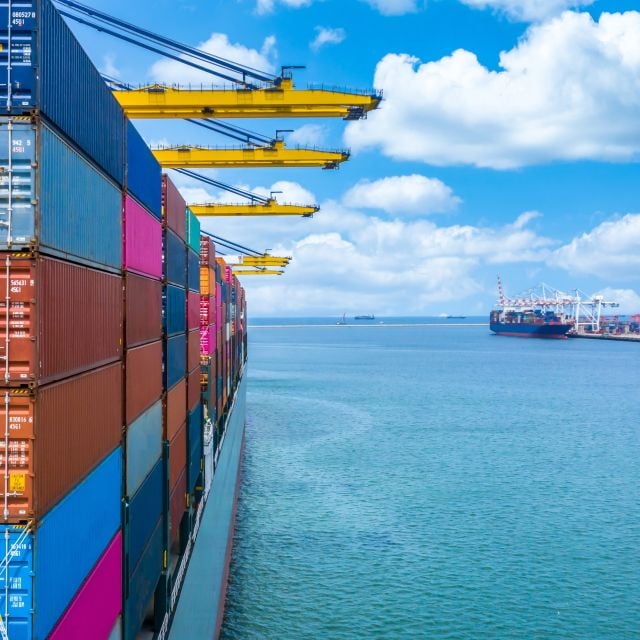Sabrina A. Bandali speaks with the Globe and Mail on how businesses are assessing the cross-border landscape to account for potential tariffs.
The Globe reports that:
“Sabrina Bandali, an international trade and investment lawyer with Bennett Jones LLP, said that what’s clear is that the Trump administration views tariffs and trade as an attractive foreign-policy tool. This means businesses need to both weigh how much uncertainty they can weather and take steps to protect themselves.
Some of her clients have already done a lot of this work, because of recent events such as COVID-19 and last year’s modern slavery in supply chains legislation, which forced businesses to take a larger look at their operations and consider alternatives should they be necessary.
“Those businesses, if they did that work before, can now execute on some of those contingency plans,” she said.
On Monday, Mr. Trump agreed to postpone his threatened 25-per-cent tariffs on Canadian goods—and 10-percent tariff on Canadian energy—after Prime Minister Justin Trudeau agreed to enhanced border-security measures. But no matter what happens next month, Ms. Bandali said it’s clear that Canada and the United States are on a fundamentally different trajectory when it comes to greater integration and lower trade barriers.
“One of the real questions is: Is this volatility going to make businesses think about whether the United States is a country that is too volatile,” she said. “I don’t think that’s what Canadian businesses have any desire to do. That’s the message: We don’t want to be here. We don’t want to be asking these questions. We don’t want to be making these changes.””
Globe and Mail subscribers can read the full story here.






















